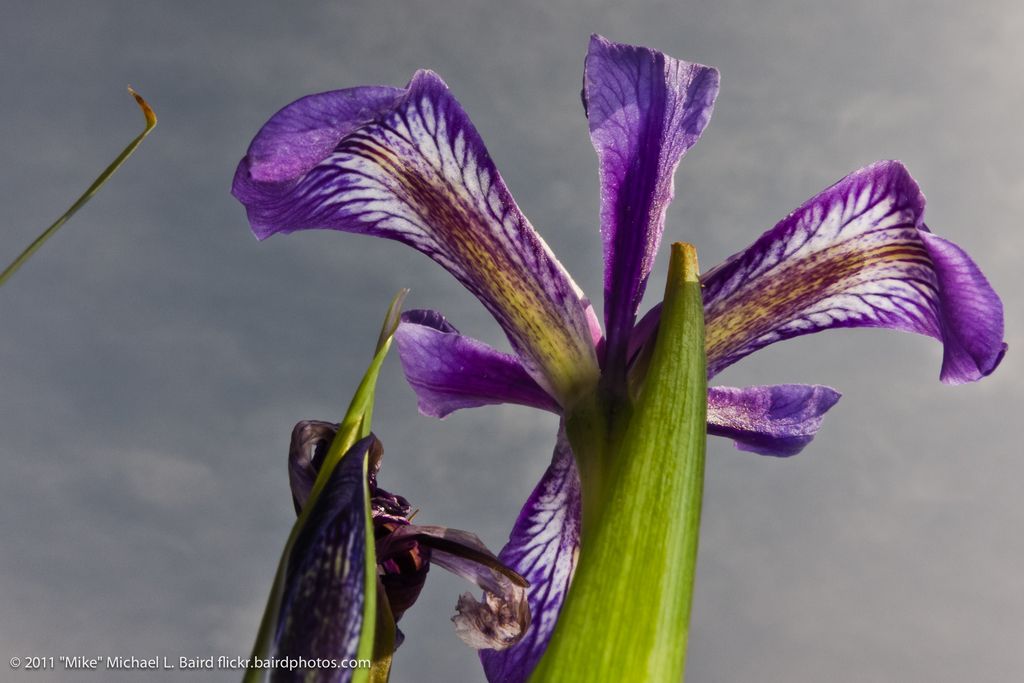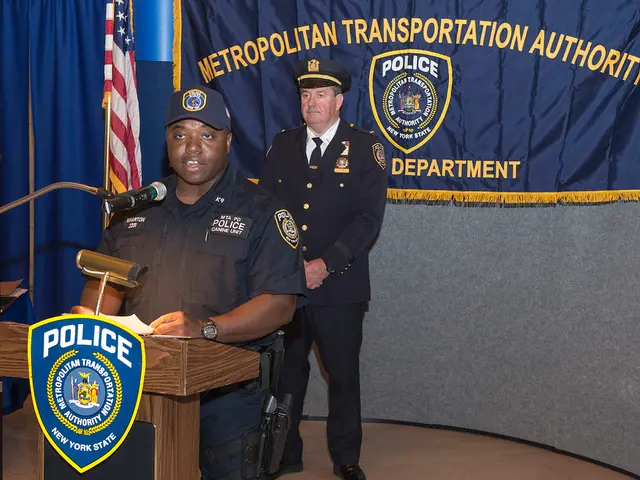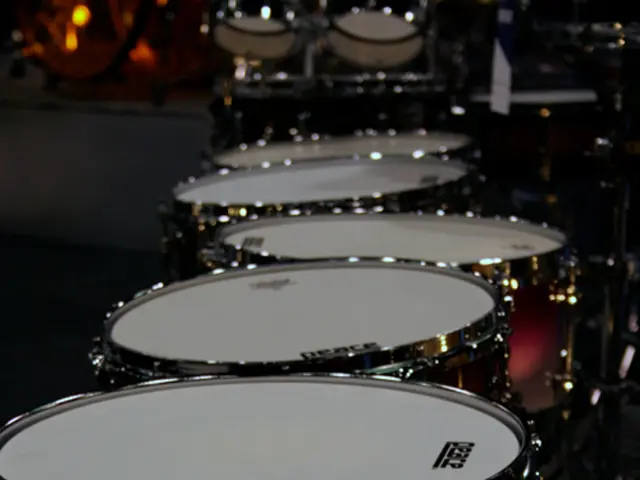"Murder has no justification": Aseefa Bhutto condemns the death of Sana Yousaf
In a stark reminder of the violence faced by women, First Lady and MNA Aseefa Bhutto Zardari condemned the brutal murder of Sana Yousaf, a young social media influencer, on her 17th birthday in Islamabad.
This cold-blooded killing served as a grim reminder of the danger that women and girls face for simply asserting their rights, Aseefa said. Expressing her condolences to Sana's family, friends, and the community in Chitral, Aseefa added that Sana was more than just a girl—she was a dreamer with ambition, dreams, and a life full of potential.
The heart-wrenching incident occurred on June 2, when a young man, who had bombarded Sana with unwanted online messages and resorted to violence upon rejection, took her life at her home. The 22-year-old alleged murderer—a TikToker notorious for lingering outside Sana's residence—was arrested within 24 hours of the crime.
Sana, who boasted over 800,000 followers on TikTok, used the popular social media platform to share lip-sync videos, skincare tips, and promotional content for beauty products and clothing brands. Aseefa railed against the deep-seated male entitlement that fueled this violence and demanded that it no longer be tolerated under the guise of culture or tradition.
"This antiquated mindset that a woman's rejection is an affront, her choices need to be controlled, is cruel and is claiming the lives of our daughters. My mother, the late Benazir Bhutto, shattered these barriers with her own strength. She didn't just lead—she opened doors for millions of women to follow. It's our responsibility to keep those doors open in her honor, and for young women like Sana," Aseefa asserted.
As the twisted wave of online abuse directed at Sana reached a crescendo following her death, Aseefa dismissed the notion that social media use or self-expression could ever justify the heinous act of murder.
"There's nothing—not an app, not a photo, not a video—that could ever justify taking another person's life. It's troubling to witness people using Sana's TikTok presence to excuse her death. If that's the logic, doesn't it place millions of girls across Pakistan at risk? This way of thinking is not merely dangerous—it's morally reprehensible," Aseefa cautioned.
Closing her emotional appeal, Aseefa extended a message of solidarity and defiance to young girls across the nation.
"To every girl who's watching this unfold—don't let them silence you. You have the right to dream, to speak, to exist without fear. Keep standing tall. If you back down, they win. But, if we continue to fight together, we'll create a nation where girls aren't blamed for their own deaths, but celebrated for their lives."
While Pakistan has legal frameworks and initiatives in place to combat online harassment, such as the Cybercrime Law and the Pakistan Telecommunication Authority (PTA), enforcement remains a significant challenge. The legal landscape may also be murky in addressing online harassment specifically, and societal attitudes toward women can complicate efforts to curtail such crimes.
In light of Sana's tragic death, it is crucial that we strive to ensure better protection for individuals, particularly vulnerable figures like social media influencers, by enforcing existing laws, fostering vigilant awareness, and breaking down long-standing social and cultural barriers. It's the collective responsibility to make our nation a safe haven where women and girls can live, dream, and excel without fear.
- Aseefa Bhutto Zardari, criticizing the deep-seated male entitlement that fueled Sana Yousaf's murder, also spoke against the culture that considers a woman's rejection an affront and her choices as needing to be controlled.
- The First Lady advocated for the need to challenge societal attitudes towards women, stating that it's morally reprehensible to blame Sana's death on her TikTok presence or self-expression.
- Aseefa urged young girls across the nation not to be silenced by fear, asserting that they have the right to dream, speak, and exist without fear, and to keep standing tall in the face of adversity.
- While Pakistan has legal frameworks in place to combat online harassment, such as the Cybercrime Law and the Pakistan Telecommunication Authority (PTA), Aseefa emphasized the need for better enforcement, vigilant awareness, and the breaking down of social and cultural barriers to ensure a safe and inclusive nation that values and protects women's health and wellness.








